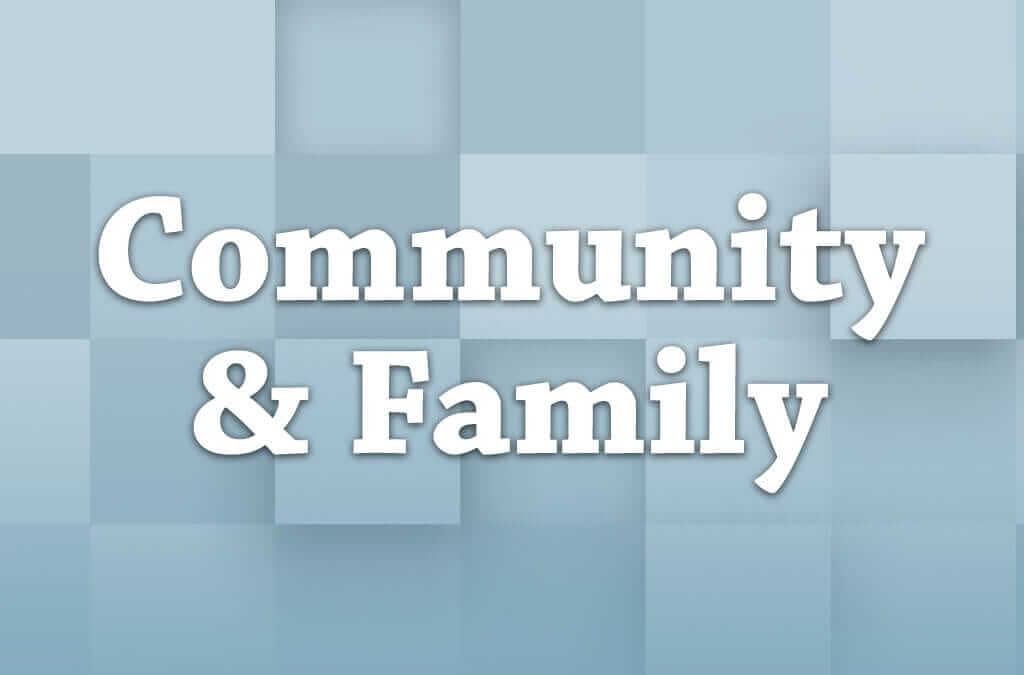Advances in relationships between community colleges and residents eligible to attend them, as well as those between private and public institutions, are creating connections that have led public leaders to suggest receiving an associate's degree as sound financial investment advice for young scholars.
Hands-on work
Inside Higher Ed reports that working with a community college at some level before going on to a four-year undergraduate college or learning a trade can be highly beneficial to a young adult's development today. National non-profit Complete College America supports studies like those being done by California's Long Beach City College, which works to understand learning curve problems through involved academics rather than basing findings on standardized tests. Tom Sugar, Complete College America's senior vice president, told Inside Higher Ed that the West Coast school is doing an excellent job to work around stiff guidelines created by the current testing system when it comes to projecting high school students' futures in higher education.
The ways Long Beach City College assesses student needs is simple: It takes data from grades, not test scores, to pinpoint if an individual needs assistance in certain areas of study. With basic developments like this making great leaps for teenaged students' success, community colleges' work to improve academics within local areas has not gone unnoticed. As Arkansas ABC affiliate KAIT-TV reports, local influencers are pushing the crowd to receive associate's degrees after high school.
Are two years better than four?
One current student, Dianira Medina, says her experience at the University of Arkansas Community College at Batesville (UACCB) is one that brings her mind and overall self-worth to a level her older family members never had the chance to achieve.
"I'm very glad and so blessed to have come to school here because I never imagined myself coming to college, because of my family history," she told the news station.
Brian Berry, the vice chancellor for enrollment management and student services at UACCB, believes many community college programs offer more stable lines of work for new graduates.
"I think certainly with the recent downturn in the economy that students are thinking ahead and want to go into a program that they know that their prospects of getting a job are good," he said.
This, he said in a KAIT-TV interview, makes two-year programs exceptionally attractive to future professionals in the current national economic climate, which is understandable as the source claims the school's nursing program has a close-to-perfect employment rate following graduation.
Public to private education
Unions between community colleges and private institutions may help students form bridges that could make academic success a norm among young adults. Roxbury Community College (RCC) and Cambridge College, two Boston-area schools, agreed to a joint venture that will make Cambridge College easier for RCC student's to transition to than most other four-year colleges.
Deborah Jackson, president of Cambridge College, is certain the partnership will benefit the students attending both schools as well as the community at large.
"We are very pleased to have created a relationship that truly benefits the students at both colleges," she said in a statement. "By removing barriers to progressive matriculation, we believe we can help fulfill the College's mission of expanding academic opportunity."
RCC interim president Linda Edmonds Turner said she is thrilled that students from her institution will be able to continue work in a four-year program seamlessly, as Cambridge College has agreed to accept all of the public schools associate's programs once a transfer is approved.
With more relationships solidified between two-year and four-year colleges around the U.S., students can be better assured suggestions to attend community college are not just financial tips but advice based on improved chances of long-term professional success.


